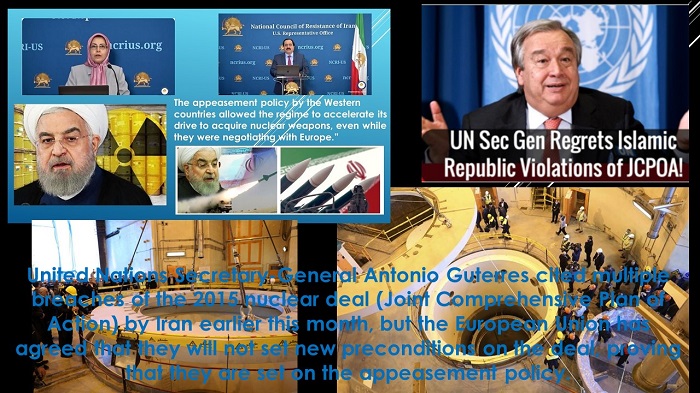
For nearly two years, Iran has been in complete violation of the Joint Comprehensive Plan of Action, or JCPOA. During that time, it has not only restored but also greatly exceeded the levels of nuclear enrichment it had prior to the negotiations that led to the 2015 agreement, enriching some uranium to 60 percent fissile purity, putting it just one technical step away from the 90 percent required for a nuclear warhead.
The Iranian regime expelled inspectors
The Iranian regime has also made it more difficult to monitor its nuclear activities, nearly expelling inspectors from the International Atomic Energy Agency earlier this year before reaching an agreement that allowed them to stay but restricted their access to surveillance cameras and other monitoring equipment.
The new head of Iran’s Atomic Energy Organization recently hinted at the success of these hurdles by bragging that Iran has acquired substantially more 20% enriched uranium than the IAEA calculated in its most recent quarterly report.
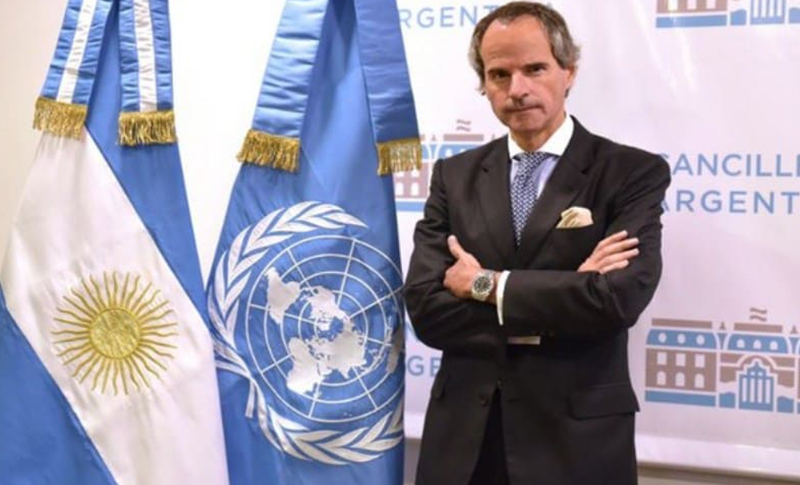
Ineffective temporary agreements
Ineffective temporary agreements between Iran and the IAEA are emblematic of the weak approach that Western powers have taken to the nuclear issue since the beginning of Iran’s violations, particularly since the end of the US strategy of “maximum pressure” following the presidential transition in Washington.
The present tactic could be regarded as “minimal pressure” given that the US and Europe have aligned. It has no repercussions for any of Iran’s actions in this area, whether new nuclear developments or passive measures obstruct the resolution process and keep the JCPOA in limbo.
Instead of beginning talks on the restoration of the JCPOA in Vienna, Iranian President Ebrahim Raisi’s government made a dramatic new move in that direction this week, stating that the deal’s signatories would hold preliminary talks in Brussels to set the stage for subsequent talks in Vienna. European officials, notably EU foreign policy leader Josep Borrell, have denied Iran’s announcement but downplayed its significance, leaving the door open for the Vienna talks to begin at any moment.
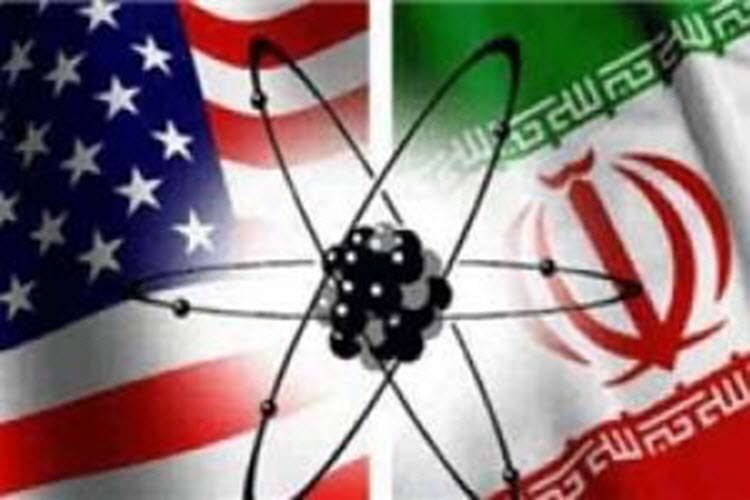
The Uئ, which withdrew from the JCPOA in 2018
The United States, which withdrew from the JCPOA in 2018, has proposed a number of possibilities for the two countries to trade concessions until they are both fully compliant with the deal. Tehran has stated time and time again that all sanctions must be lifted before Iran goes into conversations aimed at reversing the country’s substantial nuclear advances over the past two years.
Even IAEA Director Rafael Grossi, who has negotiated multiple temporary agreements with the Iranian regime, has dismissed this possibility, stating that “Iran has accumulated knowledge, has accumulated centrifuges, and has accumulated material,” all of which make restoring the previous agreement unworkable.
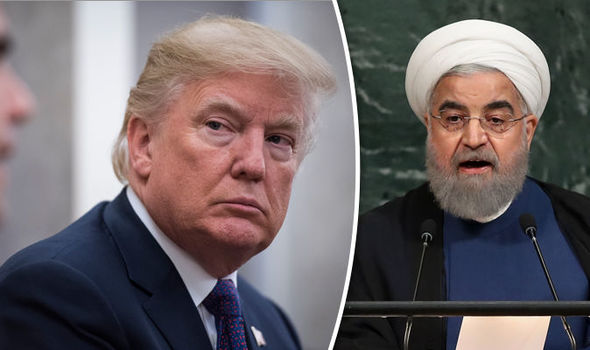
The very best conclusion
The very best conclusion that Western countries are currently anticipating is the simple reinstatement of the previous agreement. Iran is more likely to drag out the talking process forever, declaring discussions and conditions for talks before other preliminary meetings, all the while progressively improving its nuclear capabilities and reducing the window for a nuclear weapon breakout.
Of course, the preferred conclusion is that the international community publicly exposes Tehran’s apparent deceptions, eventually permits the JCPOA to collapse permanently, and resumes severe pressure on the regime in the absence of a new, much more far-reaching, and successful accord.
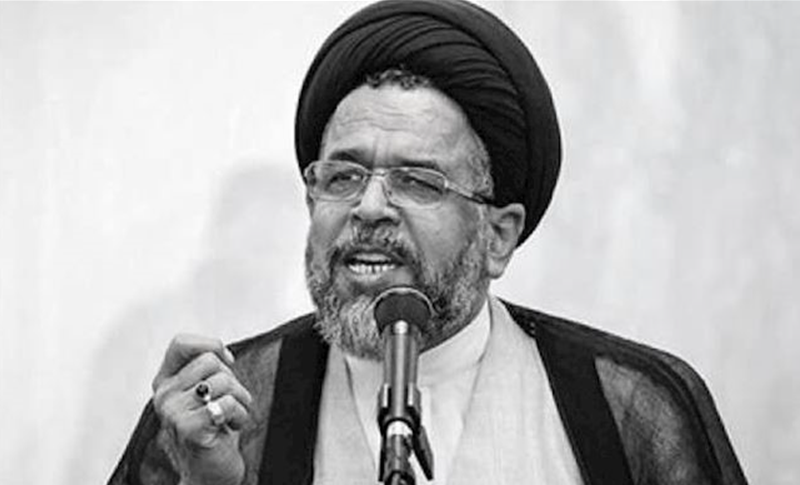
Follow Maryam Rajavi’s on her site Twitter & Facebook and follow NCRI (Twitter & Facebook)
and follow NCRI (Twitter & Facebook)
MEK Iran (on Twitter and Facebook)
and People’s Mojahedin Organization of Iran – MEK IRAN – YouTube







